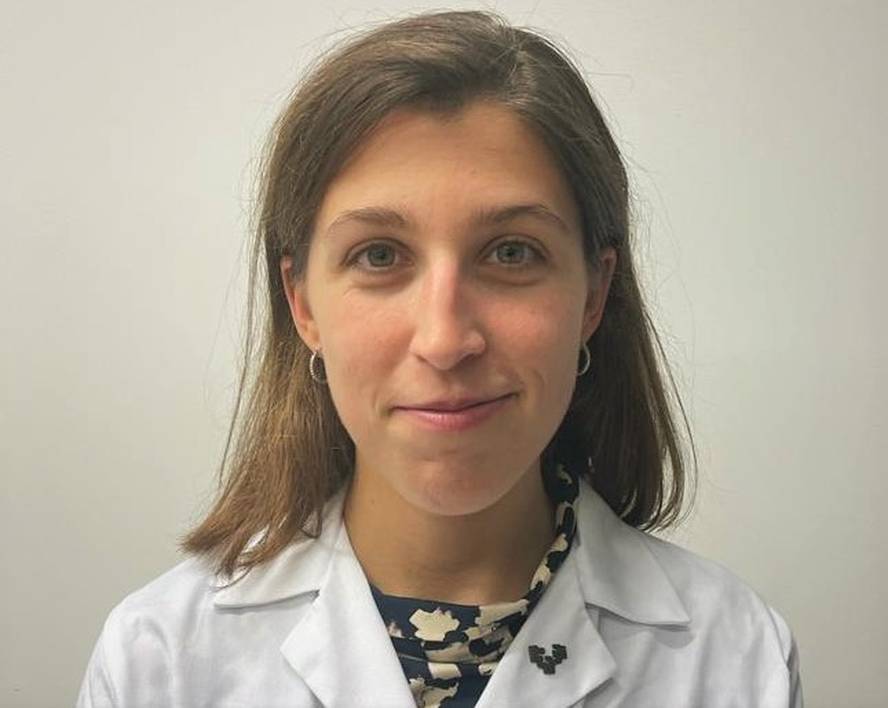"Begins the health of the whole body in the mouth"
Irene Lafuente Ibañez de Mendoza investigates in dentistry, although he claims to be a “frustrated doctor”. I wanted to study medicine. However, due to the grade and other issues, he did not manage to enter medical school and began studying dentistry, which was his second chance. And he doesn't regret it. "Secondly, I liked a subject and in fourth I took it again. The professor of that subject gave me the opportunity to study, and since then I have been here.”
He clearly says that thanks to him he is in the field of research, and firmly states that he has taken the right path: "It was very clear that I didn't see me in the clinic. I saw it in college, in research, and with your help I have been opening the doors and I have been going down the road.”
Not everything has been easy, and among its difficulties is the lack of financial support to research in dentistry. "Scholarships and research grants go in the same way as in other areas, where there's not much background, so the grants come in very little." For him, many people do not know that the health of the whole body begins in the mouth: "It is becoming increasingly clear what relationship oral health and hygiene has with that of the whole body."
Lafuente investigates in mouth cancer, specifically in the prevention of mouth cancer. She explains that there are more cases of cancer among women and that they are trying to clarify the reasons. "It was more common in men than in women before. Alcohol and tobacco are risk factors for cancer and men drank and smoked more. In Oria, consumption is equal. And if you look at people who smoke and don't drink, the prevalence of mouth cancer is higher in women. Our hypothesis is that it is due to genetic factors.”
It didn't fit, birds are important
This work fully complies with it, as it benefits the whole of society. Moreover, it is very motivating that, through research, even if it gets to know something, there will always be much more left to know and investigate.
These reasons seem useful for encouraging young people to investigate. Because “people are needed. Not just resources. We also need resources, but above all people. As one teacher says, birds are more important than cabes.” It recognises, however, that the world of research is difficult, because there are not enough subsidies at least in its field.
You see it as a future researcher. "When I did the degree, I decided to stay here. I did the master's degree, I did the doctorate and I want to follow all the steps I've taken to get here. The path is to stay in college and continue to do research. In short, if you want to study dentistry in Spain, you have to be in the university."
In addition, he acknowledges that he is very fond of teaching: "I teach group in Basque and there are very few. This offers many possibilities to work in close relationships.” Almost all students are women. In fact, there's a majority in her area and she's never felt discrimination because she's a woman. On the other hand, it does not exclude the inclusion of a student in the research world. “Someone may want to take that path, yes.”







